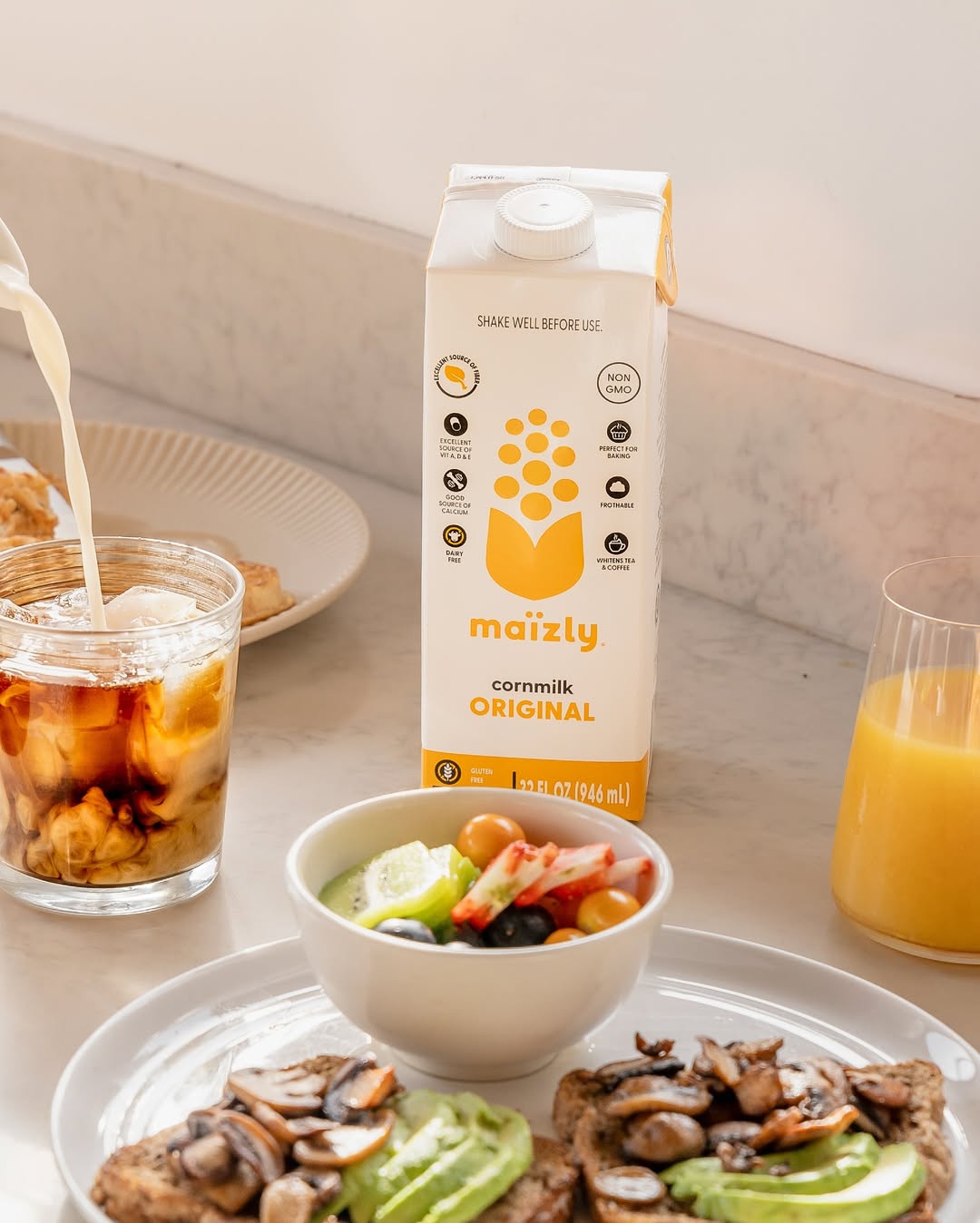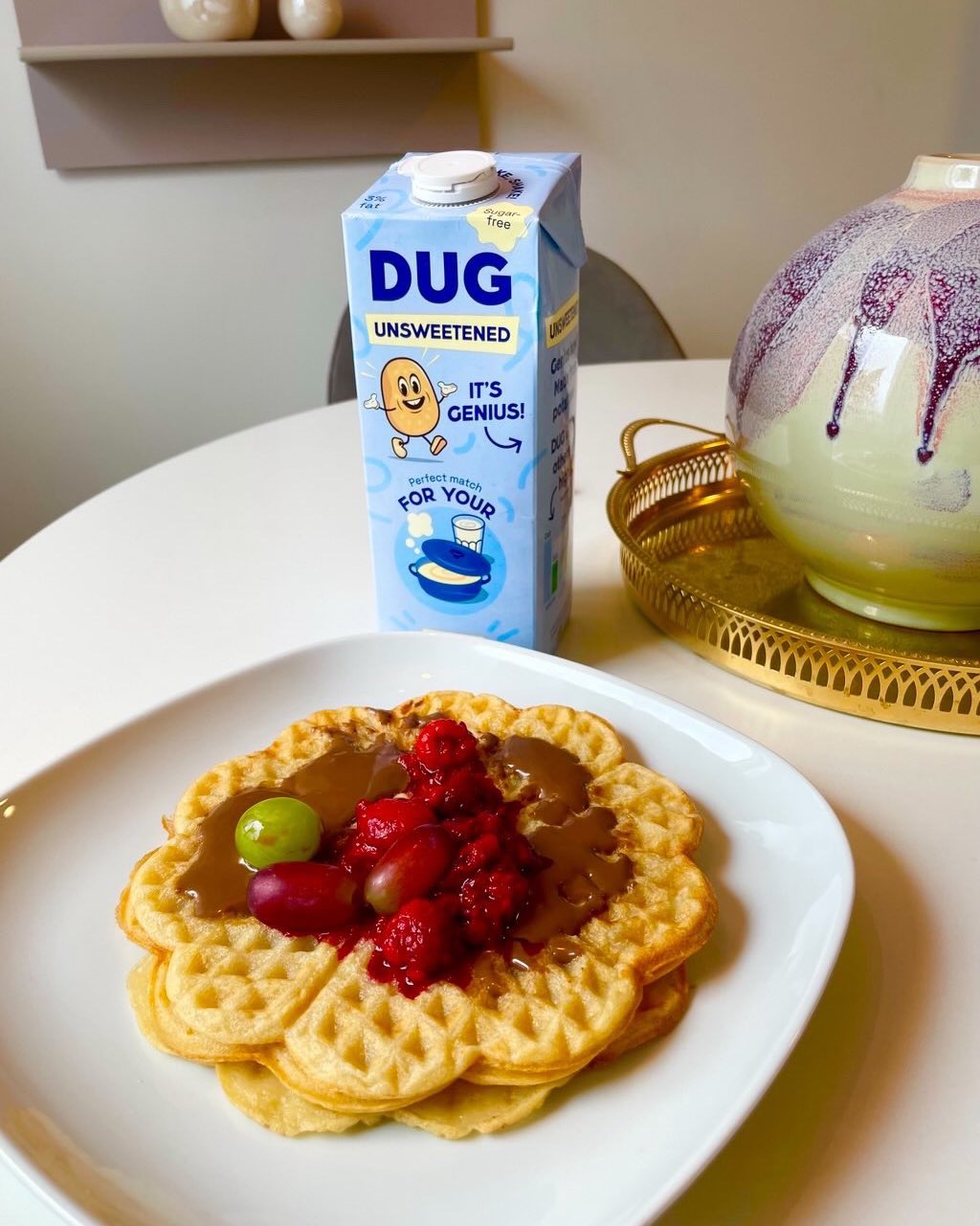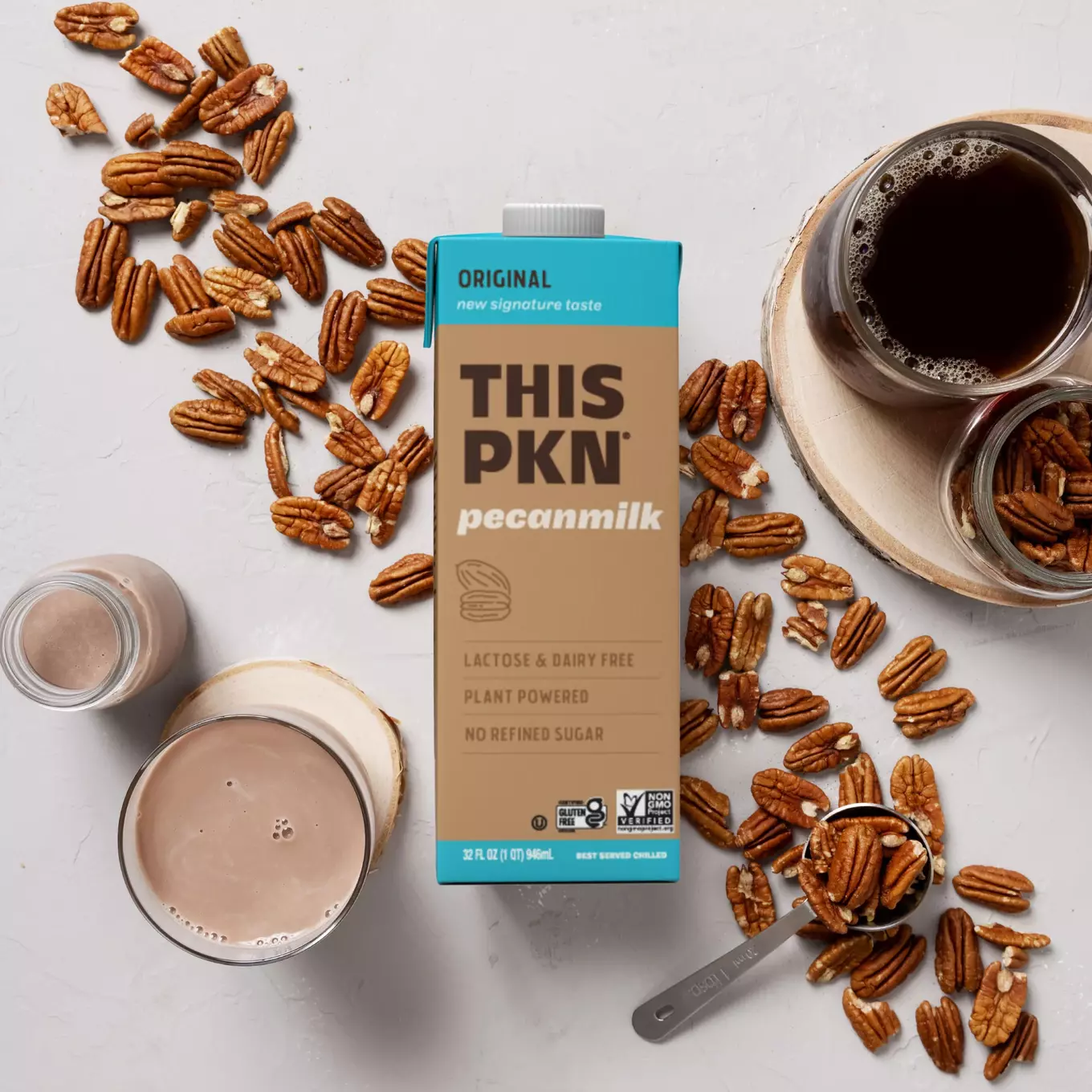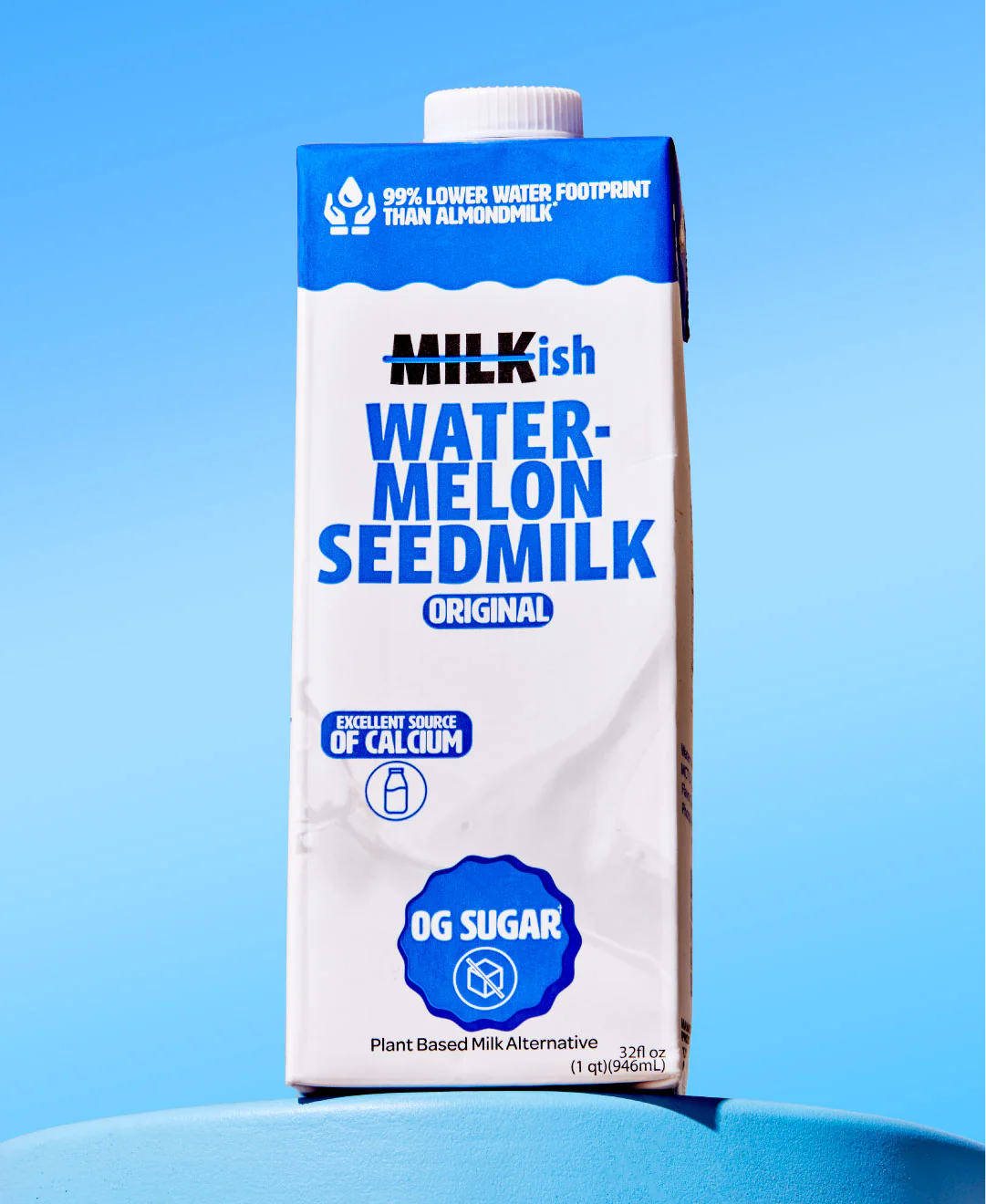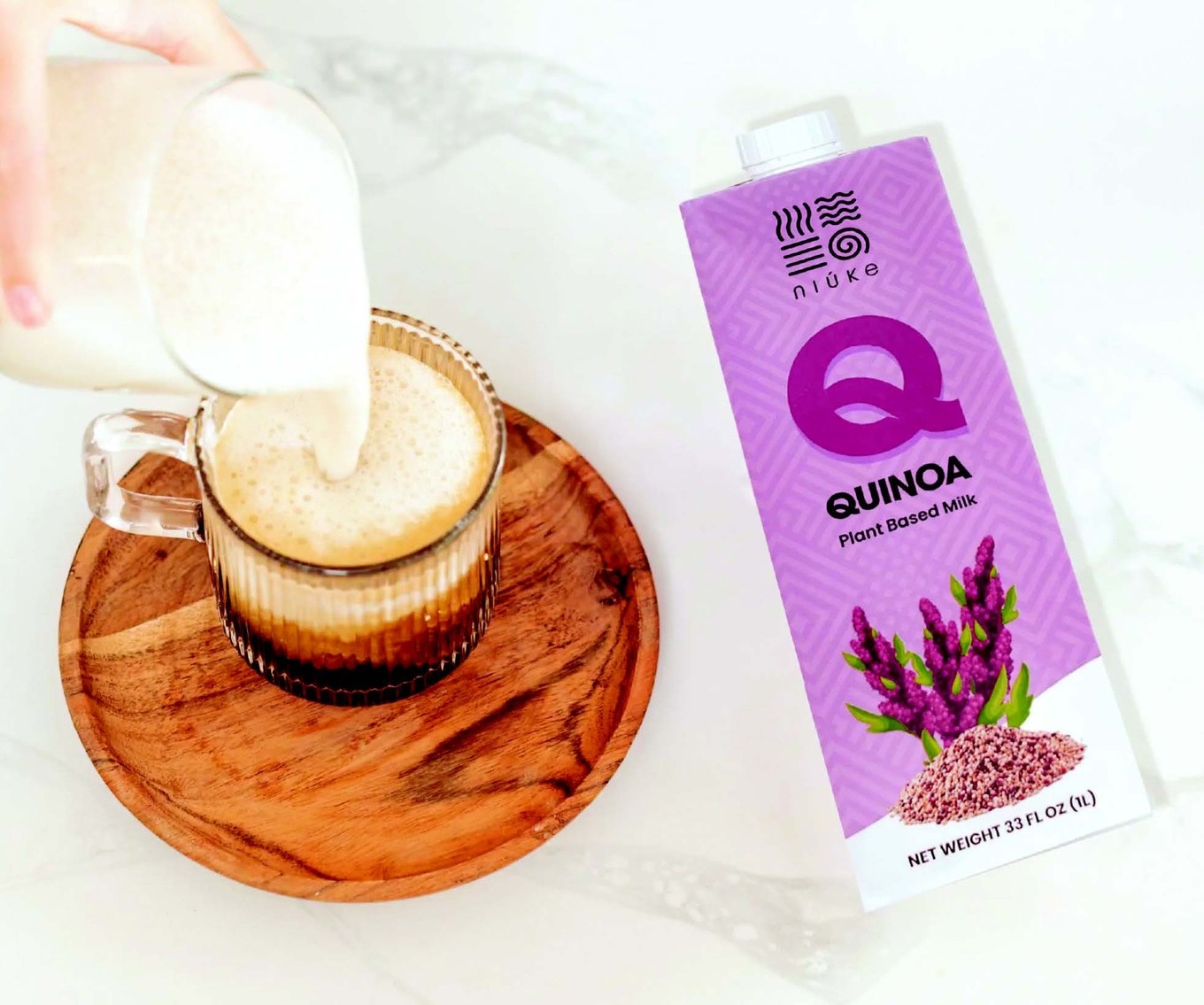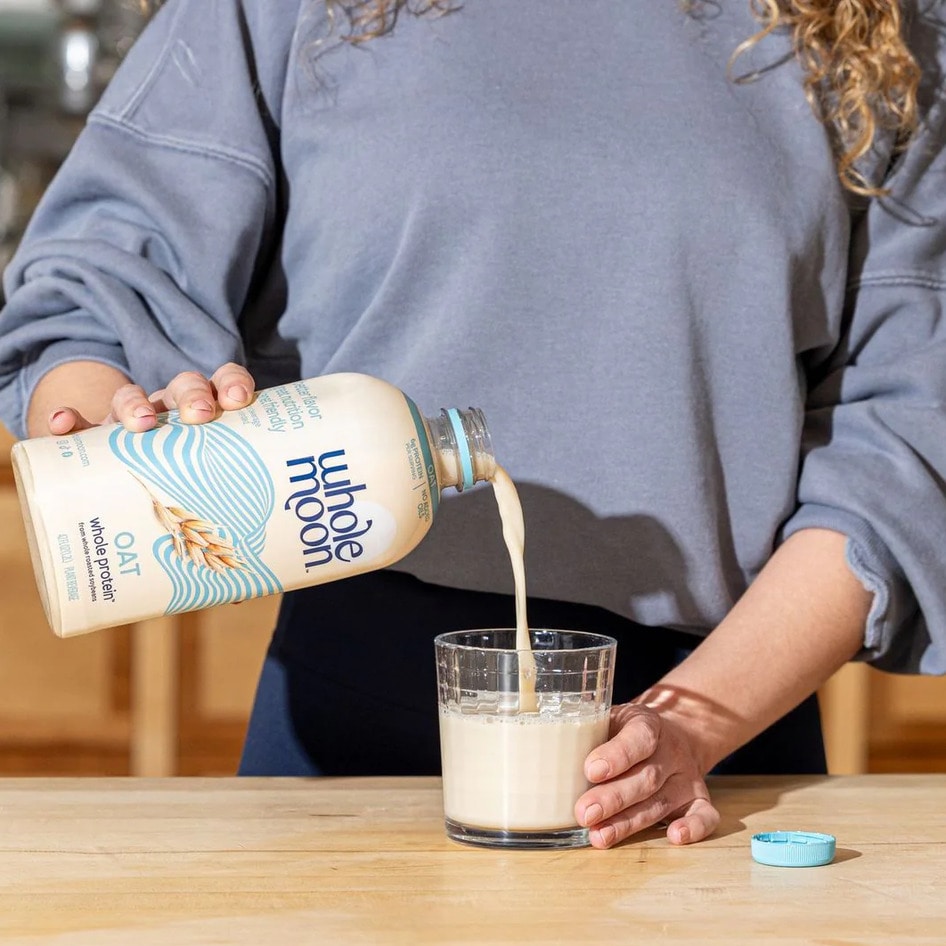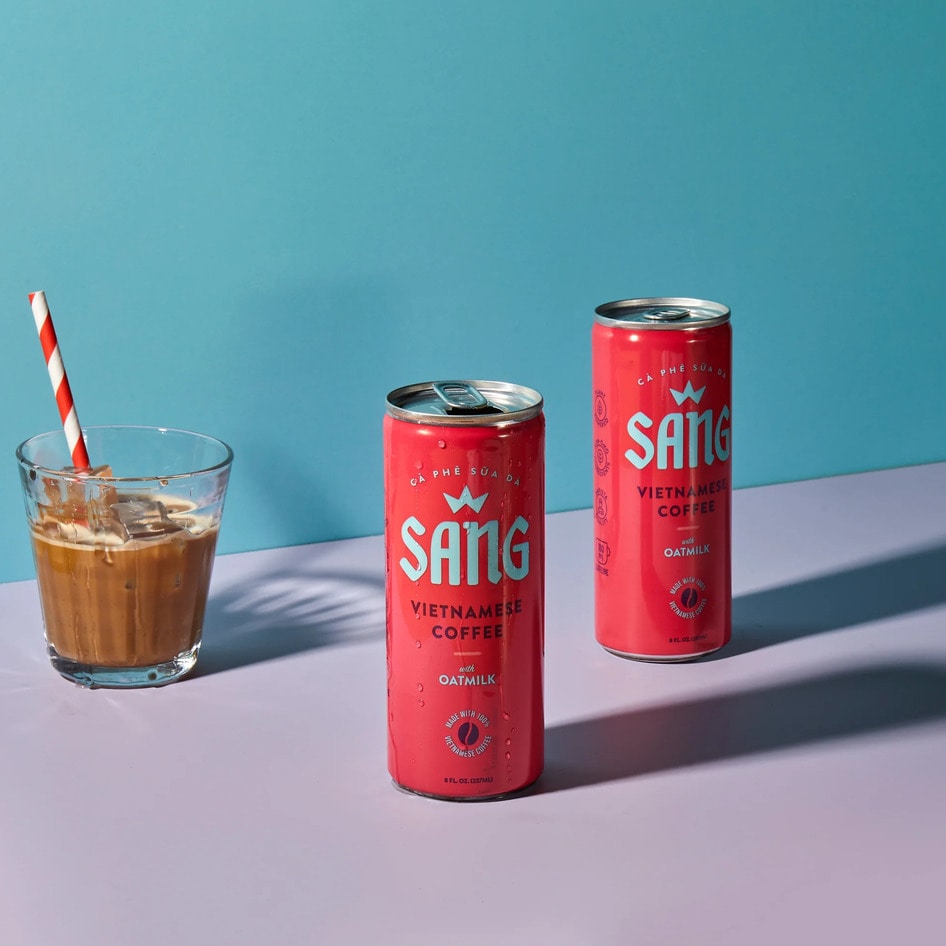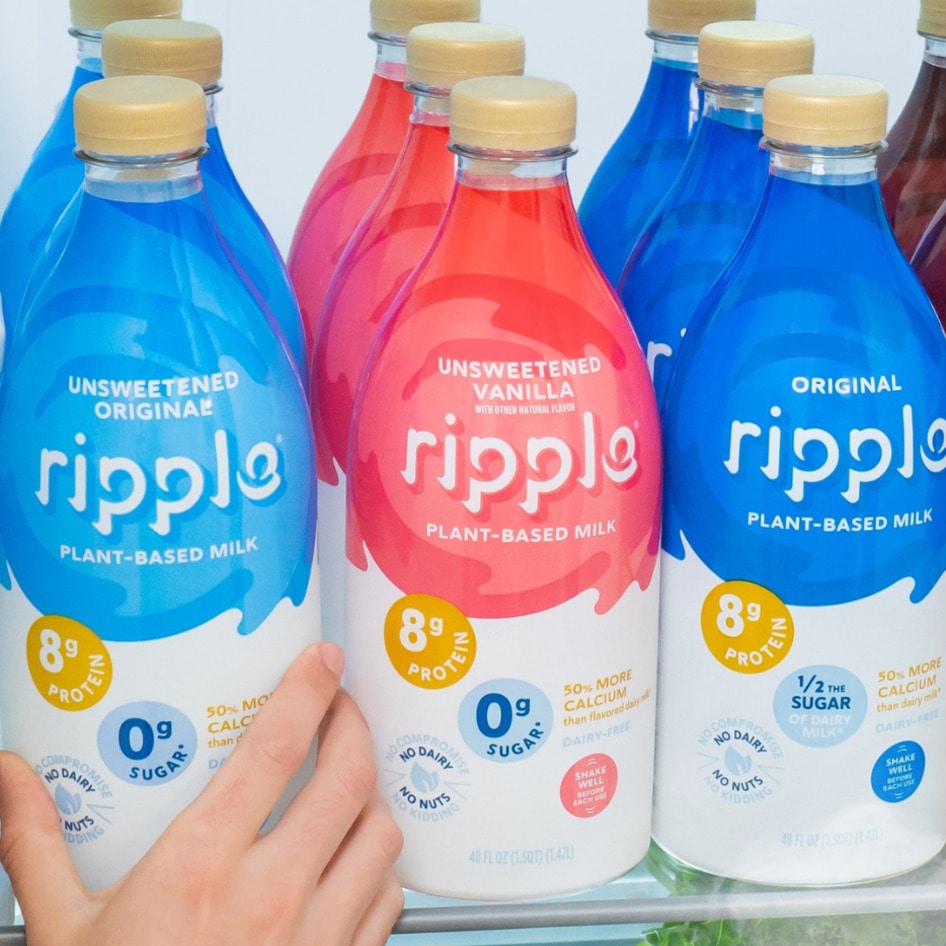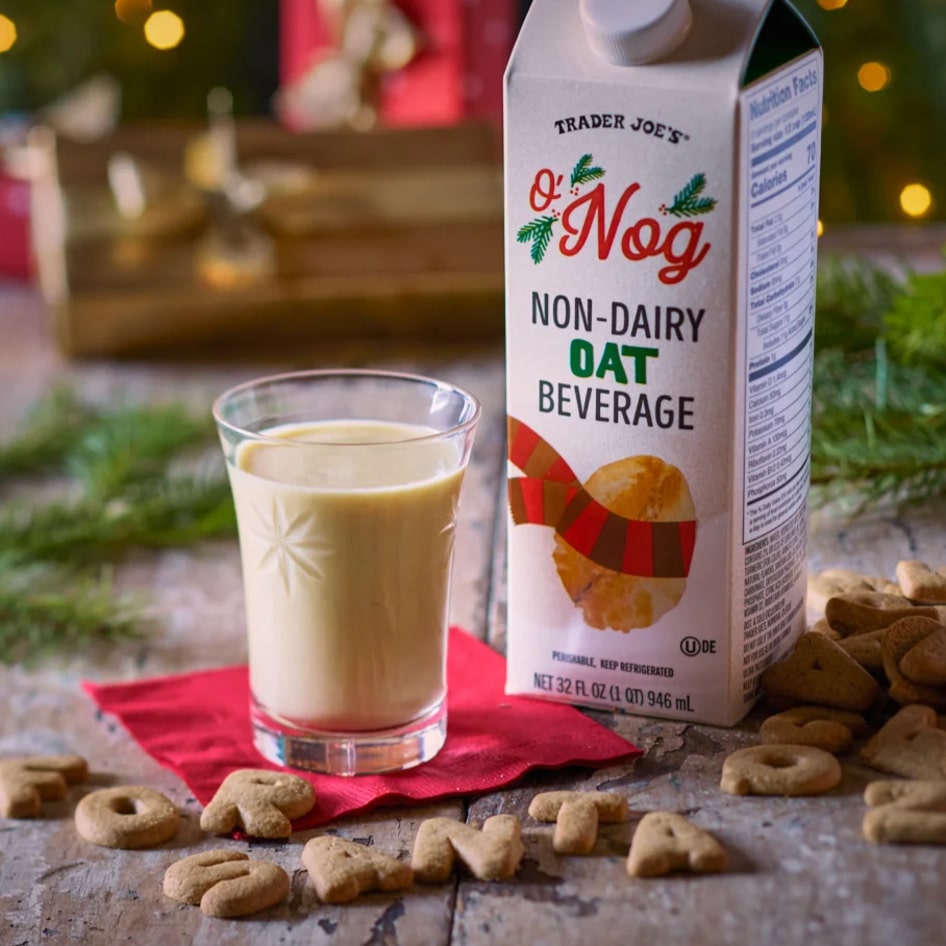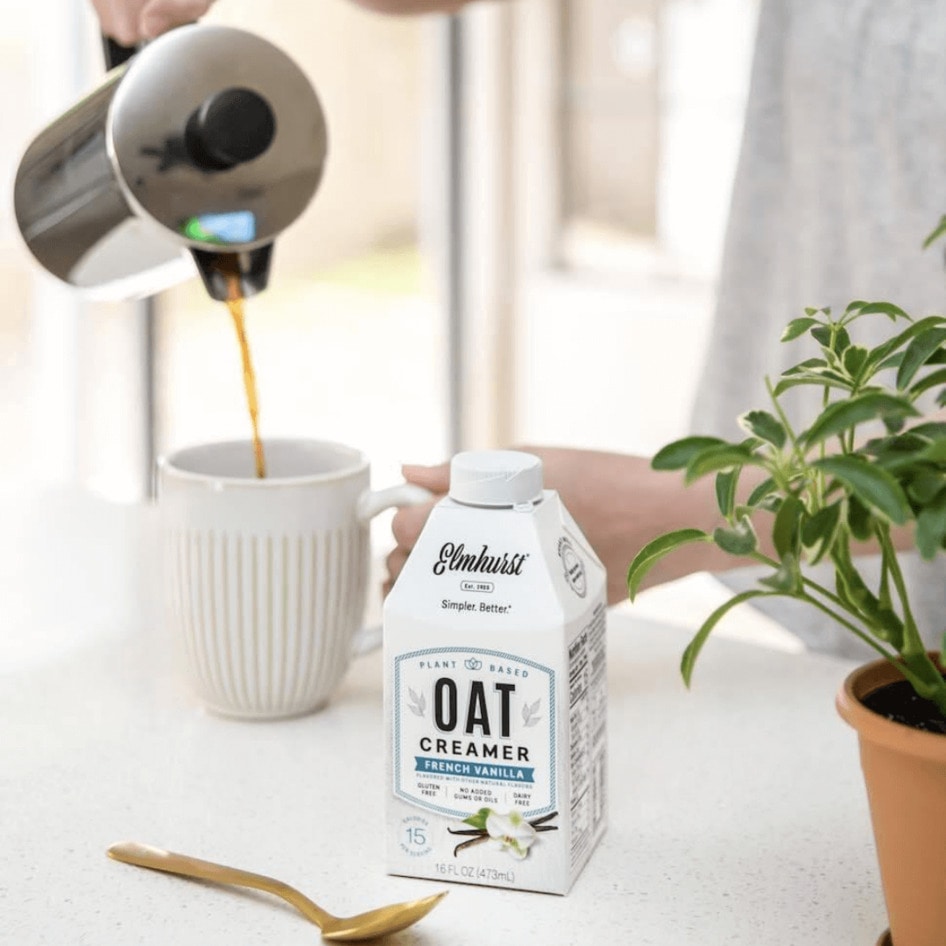Remember the days when the only dairy-free milk on the supermarket shelves or your local café was soy? We do, too, but only vaguely. It’s hard to picture a world where one dairy-free milk was king, because now, there are so many alternatives, from oat to almond to coconut to hemp. In fact, in 2024, the dairy-free alternative market was valued at more than $32.3 billion, and by 2032, it’s expected to exceed a value of $91 billion.
Dairy-free milks are here to stay, that’s for sure, but innovation in this category is not slowing down. Every year, it seems there is a new kind of exciting nondairy milk on the market. We’ve rounded up some of the newest entries below, from maize to potato to watermelon seed.
These 5 new dairy-free milk varieties are must-tries
These new dairy-free milks go beyond the usual almond, oat, soy, and coconut.
BECOME A VEGNEWS VIP: Get exclusive product deals, freebies, and perks galore!
1 Maize milk
Maïzly, a new brand that specializes in non-GMO corn-based milk, has hit the US market for the first time. The UK brand has already experienced success in several markets, including Latin America and Africa, with its creamy, dairy-free milk (which, as well as corn, is also made with chickpea protein and coconut oil). The drink, which can be used in place of dairy milk in drinks and recipes, is also fortified with nutrients like vitamin D2, vitamin A, and calcium.
Maïzly chose corn because of its abundance around the world—it is, after all, the most common crop globally, with more than 1.4 billion metric tons produced every year. Maïzly currently offers its innovative new milk in two varieties: Chocolate and Original.
Find it here
2 Potato milk
Spanish consumers recently got one more option in the dairy-free milk category: potato milk. Swedish brand Dug Foodtech is now available in 150 Spanish Carrefour hypermarkets, as well as several retailers in Sweden, Germany, Switzerland, Hungary, and Austria. Soon, it’s even coming to select Lidl stores in Sweden, too. The brand is relatively new—it first hit the market in 2021 and secured a patent for its creamy, mild-tasting potato-based milk recipes in 2023. Just like oat, soy, or almond, it can be added to smoothies, coffees, or simply drunk by the glass.
“Because DUG Original is made from potatoes, it is packed with vitamins, minerals, fiber, protein, and carbohydrates,” notes the brand. “All of which makes it a perfect alternative to other milk products.” The brand also claims that its milk is one of the most sustainable options on the dairy-free market (indeed, potatoes are even more land-efficient than oats).
Find it here
3 Pecan milk
Also in 2021, PKN brought the world’s first pecan milk to market. Similar in taste and texture to oat milk, pecan milk is thick, velvety, and nutrient-dense, thanks to the many nutrients that pecans have to offer. They are particularly rich in flavonoids, a potent plant compound that can help reduce inflammation in the body, as well as fiber and omega-3 fatty acids, which help support both brain and heart health.
On top of this, pecans are particularly good for the planet. They are indigenous to the US and don’t require much supplemental irrigation to grow. This is different from other nut milks, like almond milk, for example, which is water-intensive. “As water scarcity limits nut production in California, pecans are emerging as the only sustainable choice,” Laura Shenkar, CEO and founder of PKN, previously told VegNews.
Right now, PKN offers several creamer and milk options, including Original Peacanmilk, Chocolate Peacanmilk, and the newly launched Zero Pecanmilk, which is made with just four ingredients: water, pecan butter, vanilla, and sea salt.
Find it here
4 Watermelon seed milk
In 2024, Força Foods announced another world-first in the dairy-free milk world: watermelon seed milk. According to the brand, its signature milk (which is called Milkish) is packed with antioxidants, protein (more so than almonds), and vitamins. It’s also another environmentally conscious option, as watermelon seeds need far less water than other types of dairy-free milk ingredients. In fact, they require 99 percent less water than almonds, 80 percent less water than flaxseeds, 72 percent less water than oats, and 53 percent less water than soy.
On top of this, Milkish is just as creamy and versatile as its competitors, notes the brand, and is closest in taste to almond milk. “It’s a really versatile product that can fit into your lifestyle without compromising on that flavor, texture, or mouthfeel that you’re looking for in a plant-based milk,” founder Maia Silva told Food Business News.
Find it here
5 Quinoa milk
Right now, a few brands are tapping into the milky benefits of quinoa. In 2024, for example, Miami-based Niuke Foods launched its Quinoa Plant Milk in the US for the first time. According to the brand, it’s a nutrient-dense, versatile, “groundbreaking, first-of-its-kind plant milk” that is similar to nut milks, with an earthy, nutty, creamy flavor and texture profile.
Another quinoa milk brand on the market is Australian KeenWah Milq, which offers three types of quinoa milk (original, chocolate, and barista), all made with organic white quinoa. “Because quinoa is one of the world’s most sustainable crops, KeenWah Milq is one of the most sustainable milk alternatives,” the brand notes, adding that its milk has the lowest climate impact of all milks in the dairy-free category.
In Peru, where quinoa is a native crop, there is also Muyu Milq, which produces milk made with a combination of quinoa and tarwi, a type of South American protein-rich bean. “The Incas chose foods that are good for the earth,” the brand notes. “Quinoa consumes 30 times less water than almonds and three times less water than oats. Tarwi regenerates soils, which can store and capture carbon.”
Find it here
For more plant-based stories like this, read:
JUMP TO ... Latest News | Recipes | Guides | Health | Subscribe
Here at VegNews, we live and breathe the plant-based lifestyle, and only recommend products we feel make our lives amazing. Occasionally, articles may include shopping links where we might earn a small commission, but in no way does this effect the editorial integrity of VegNews.


